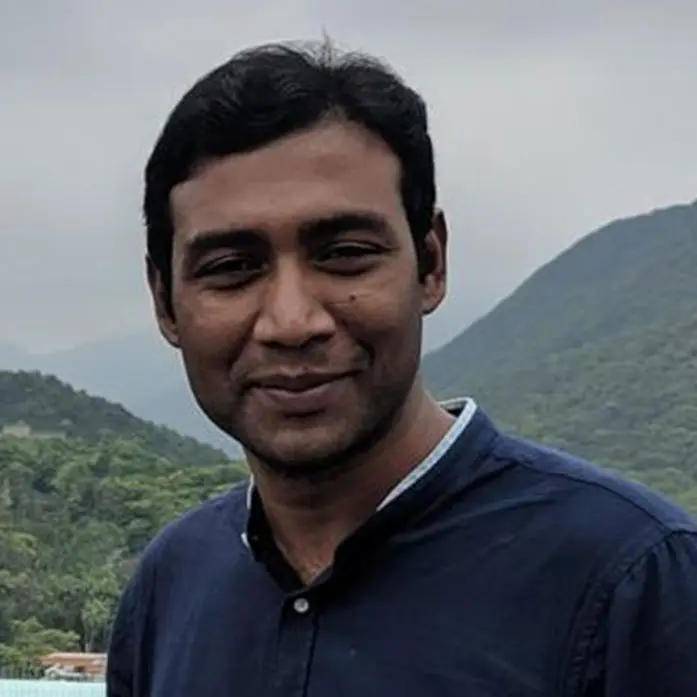
Dr. Ahamed is an Assistant Professor in the Department of Biological and Agricultural Engineering at UC Davis. His research mainly focuses on energy modeling and energy-efficient design for next-generation agricultural built environments, renewable energy-based heating and cooling systems, dehumidification, and control systems for CEA applications. His research area also spans automated fault detection and diagnosis (FDD) of buildings HVAC systems using machine learning-based algorithms.
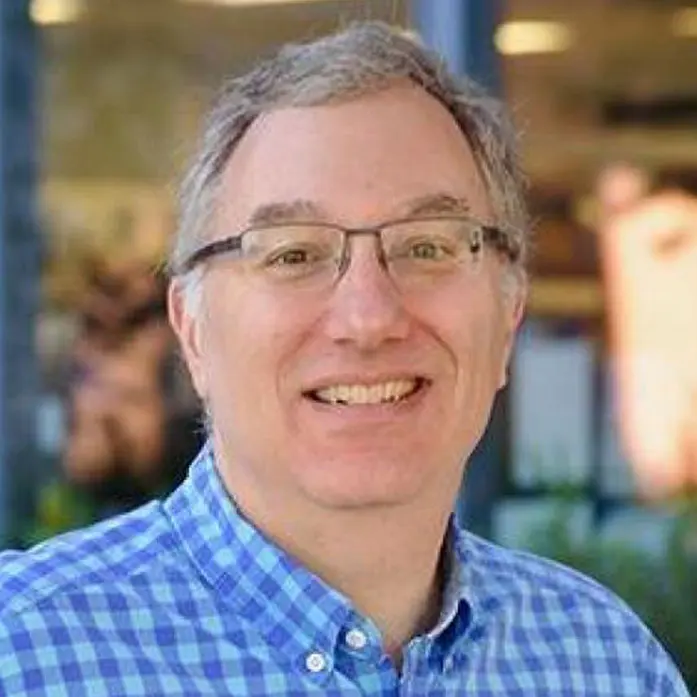
Along with his appointment to the Gallo Endowed Chair, Professor Block is Vice Chair and Professor in Viticulture and Enology at UC Davis, with a joint appointment in the Department of Chemical Engineering and Materials Science. Since joining UC Davis, his research has spanned various topics, including development of fermentation datamining, modeling, and optimization methods, metabolic engineering of yeast and lactic acid bacteria for improved biofuel and recombinant protein production, and catalytic conversion of agricultural waste streams into fuels and value-added chemicals.
Professor Block has received multiple awards for his teaching, including an award from the Northern California American Institute of Chemical Engineers for Excellence in Chemical Engineering Teaching and a Distinguished Teaching Award from the UC Davis Academic Senate. Prior to joining UC Davis, he worked for Hoffmann-La Roche, Inc. in Nutley, NJ where he was in charge of fermentation process development groups, as well as designing and operating process control systems for new biopharmaceutical manufacturing facilities. David holds a B.S.E. from the University of Pennsylvania and a Ph.D. from the University of Minnesota, both in Chemical Engineering.
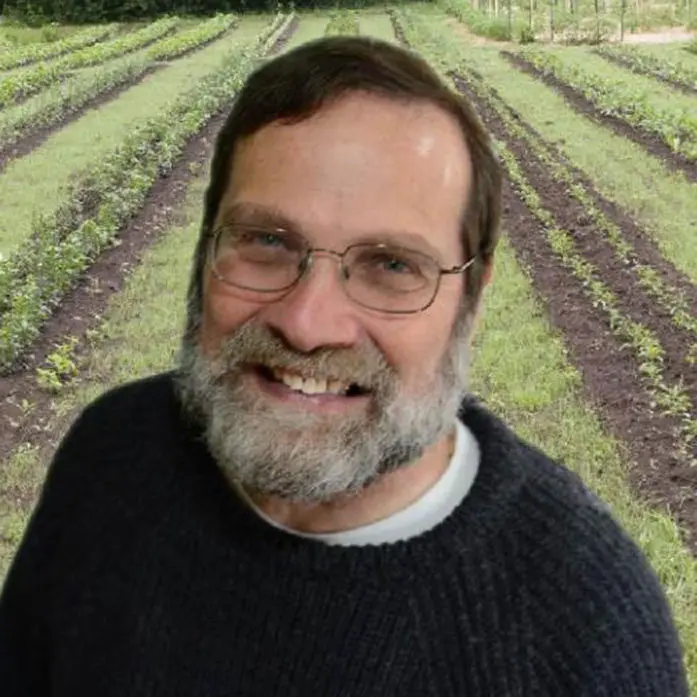
Arnold Bloom received an undergraduate degree in Physics from Yale University, and earned a Ph.D. in Biological Sciences from Stanford University, where he also completed a two-semester course in Environmental Legislation at the Law School. For the last thirty years, he has been on the faculty of the University of California at Davis. He has served on science advisory boards for the International Space Station, several biotechnology companies, and has been the representative for University of California system to the federal agencies for the past five years. His articles have been widely published and he was also the co-author on multiple textbooks. Currently he teaches a class on global climate change, which will be one of the first to be converted to an online course.
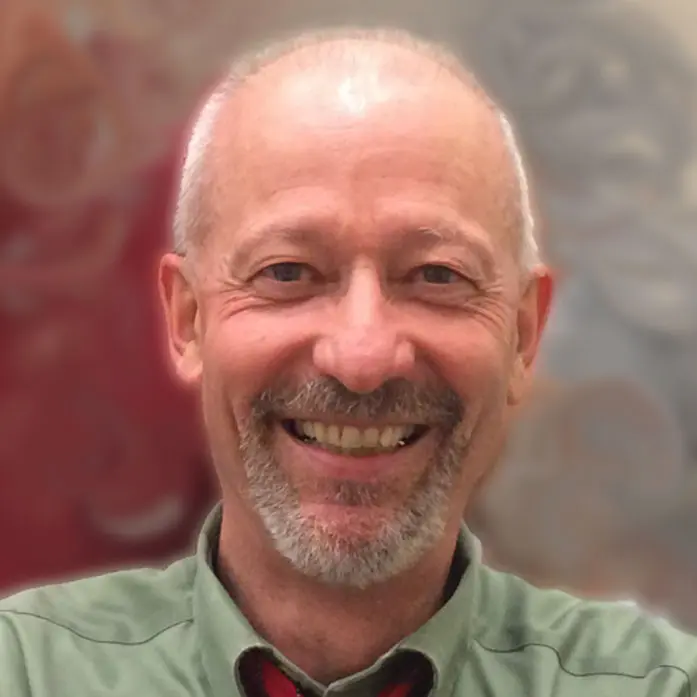
Luca Comai, Ph.D., is a distinguished professor of Plant Biology at the Genome Center of the University of California at Davis. He holds a B.S. equivalent in agricultural sciences from the Universita’ di Bologna, Italy, an M.S. in plant pathology from Washington State University, and a Ph.D. in plant pathology from UC Davis. Dr. Comai worked at Calgene Inc and was a professor at the University of Washington, Seattle. Dr. Comai is a member of the Genetic Society of America, of the American Society of Plant Biology, a Fellow of the American Association for the Advancement of Science, and a member of the National Academy of Sciences. He has received Distinguished Teaching and Research Awards from the UC Davis College of Biological Sciences, and the American Society of Plant Biology Innovation Prize for Agricultural Technology.
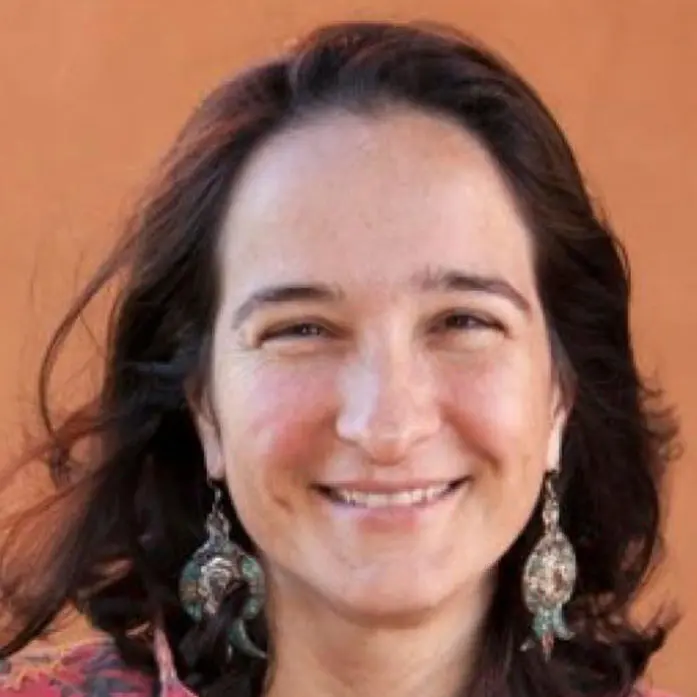
Dr. de Moura Bell’s research includes the development and application of environmentally friendly technologies to replace the incumbent technologies for extraction and fractionation of major food components such as oil, protein, and carbohydrates. Specifically, she is interested in bioprocessing techniques such as enzyme-assisted aqueous extraction, fermentation, and less harsh techniques such as supercritical and subcritical extractions. Her laboratory research interests include: 1) Scaling-up extraction and downstream recovery processes from laboratory to pilot-scale; 2) Determining the effects of processing conditions (extraction, heat treatment, enzymatic modifications and recovery strategies) on the functionality and biological activities of food components, and 3) The conversion of agricultural waste streams and food processing by-products into added-value compounds.
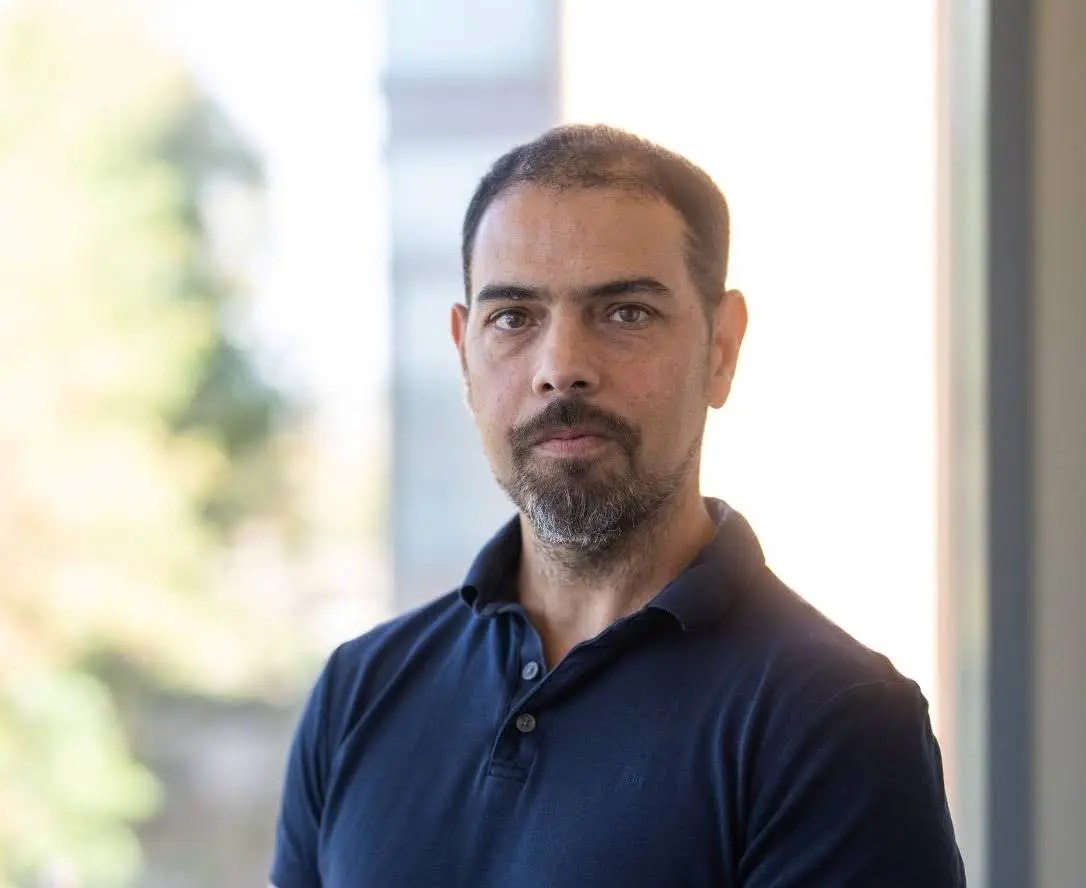
Dr. Delarue is an Associate Professor in the Department of Food Science and Technology and a Sensory and Consumer Scientist. His research focuses on methods to measure sensory perception and preferences and on their effective use in food design. In particular, he explores the role of context in hedonic measures using immersive environments and digital technologies. He also works to develop and validate rapid and flexible descriptive analysis methods with application to new product development and consumer research. Using these methods, he seeks to understand the sensory determinants of food preferences and to finds levers to drive healthy and sustainable food behaviors. He has recently published “Data science for sensory and consumer scientists”, as well as the second edition of his book “Rapid sensory profiling techniques”.
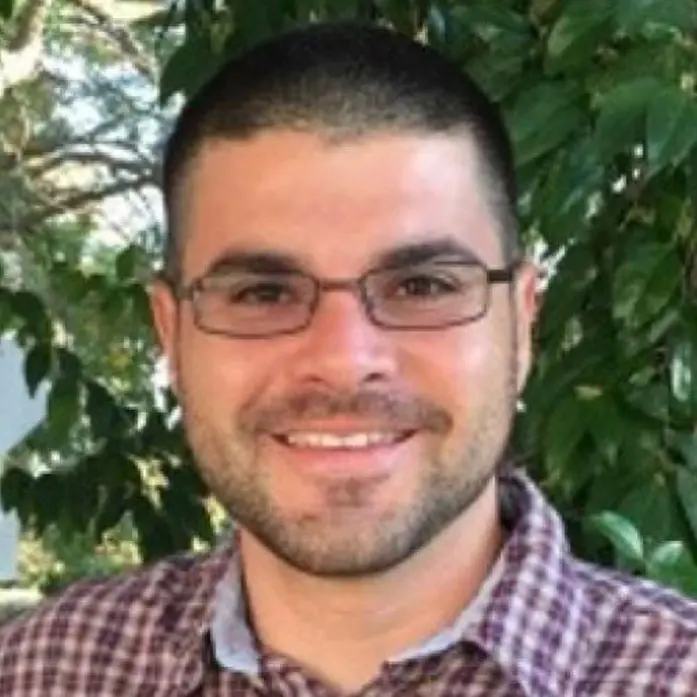
Dr. Irwin Donis-González’s passion for agriculture and postharvest technologies began in the years 2004 in his native Guatemala, working as an independent agro consultant upon earning his Bachelor’s and Licentiate degree in Agricultural Engineering from the Del Valle University of Guatemala. Wanting to pursue advanced training in postharvest management, he came to the United States, at Michigan State University (MSU), as a Fulbright Scholar. Using chestnuts as a model, he was instrumental in reducing the microbial contamination in fresh and processed foods by directly overseeing the postharvest management/storage of chestnuts throughout the state of Michigan. He then went on to earn his Ph.D. in Biosystems and Agricultural Engineering at MSU to further the use of non-destructive sensing technologies to assess the internal attributes of fruits, chestnuts, and vegetables. Dr. Donis was previously working as a postdoctoral associate at MSU addressing challenges for agro-based industries in the State of Michigan. Just recently, Dr. Donis accepted a position as an Assistant Postharvest Systems Engineering Specialist in Cooperative Extension, in the Department of Biological and Agricultural Engineering at UC Davis. At UC Davis he will focus his work in postharvest engineering, handling (storage, drying, etc.), traceability, and processing of agricultural commodities with a goal of reducing energy consumption while ensuring food quality and safety. These are critical issues for the fresh market fruit and vegetable, dried fruit, tree nut, and rice industries in California and the World.
During Dr. Donis’ career, he has had the good fortune of publishing his work in high tier journals, including the Journal of Food Engineering, Biosystems Engineering, Applied Engineering in Agriculture, and Postharvest Biology and Technology. He has also collaborated with both industrial and academic multidisciplinary partners, involving the Diagnostic Imaging Service at the Veterinary Teaching Hospital at MSU, horticulturalists, pathologists, material scientist, and others. External partnerships have included merging knowledge in postharvest attributes with hardware development groups such as General Electric, Carl Zeiss, and the Dresden Technical University (Germany). Long term, Dr. Donis envisions working together with growers, agro-food scientists, industry partners and laborers in topics related to postharvest technology, engineering, management, storage operations, food quality, and safety.
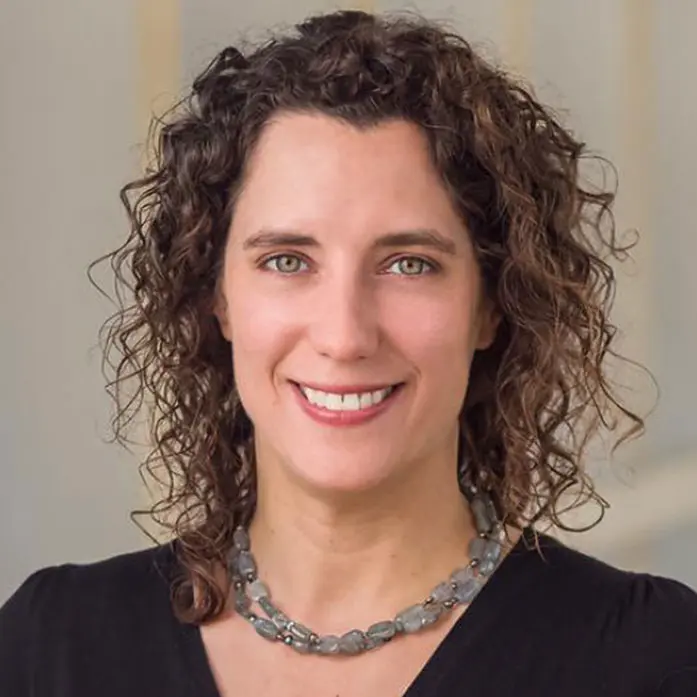
Research in the Franz group combines organic synthesis, catalyst development, and chemical biology with applications for the synthesis of bioactive products, biofuels and materials. Our primary focus is to develop new reactions and catalysts for the efficient and enantioselective synthesis of bioactive and therapeutically-relevant molecules. An integral part of our research is to investigate the mechanism and molecular interactions that dictate the reactivity and selectivity of these synthetic transformations. In addition to developing new transformations for the synthesis of complex small molecules, we are interested in using chemical triggers to enhance the production of bioactive lipids and biofuels from microalgae.
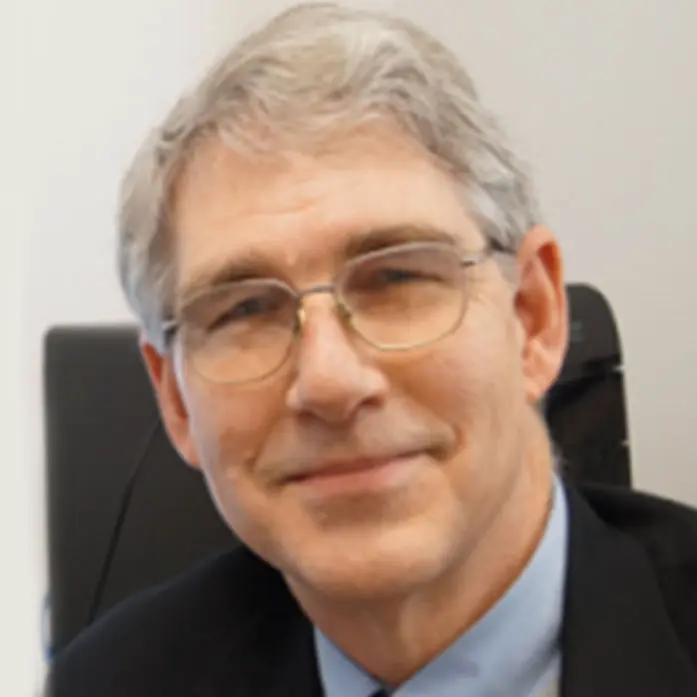
Prof. Jenkins conducts research in the areas of energy and power, with emphasis on biomass and other renewable resources. Dr. Jenkins has more than forty years of experience working in the area of biomass thermochemical conversion including combustion, gasification, and pyrolysis. His research also includes analysis and optimization of energy systems. He has taught both graduate and undergraduate courses on energy systems, heat and mass transfer, solar energy, and power and energy conversion, including renewable energy and fuels, engines, electric machines, combined heat and power systems, economic analysis, and environmental impacts. Prof. Jenkins is a recipient of an Outstanding Achievement Award from the U.S. Department of Energy for exceptional contributions to the development of bioenergy, and the Linneborn Prize from the European Union for outstanding contributions to the development of energy from biomass. He is a Fellow of the American Society of Agricultural and Biological Engineers.
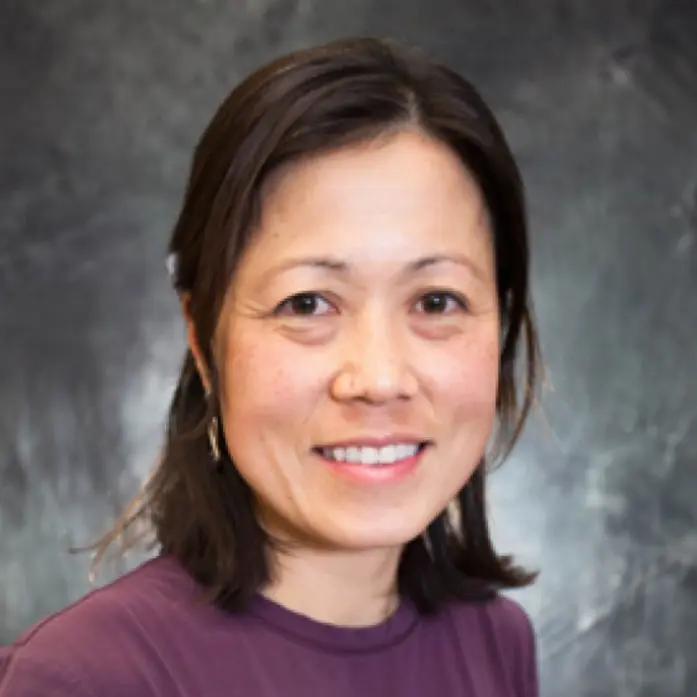
Tina Jeoh is a professor of biological and agricultural engineering at UC Davis. Her research focuses on bioconversion for biofuels and microencapsulation of bioactives, with an emphasis on scaling and industrial production.
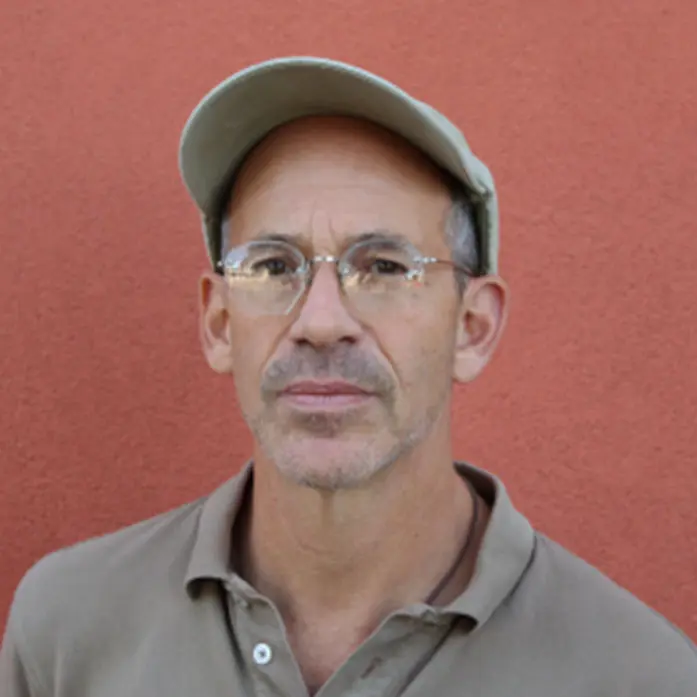
Dr. Kurt Kornbluth is an Assistant Adjunct Professor in the University of California, Davis Department of Biological and Agricultural Engineering (BAE), an Associate Director for the UC Davis Blum Center for Developing Economies, and the founder and director of Program for International Energy Technology (PIET) and D-Lab. He holds a PhD in Mechanical and Aeronautical Engineering from UC Davis and is a UC Davis Graduate School of Management Business Development as well as an NSF IGERT fellow. His dissertation focused on the effect of hydrogen enrichment on landfill gas-fired IC engine and current research areas include hybrid fossil fuel/renewable electrical grids, and sustainable, low-carbon energy technologies for the developed and developing world. Kurt has worked in the field of international development, renewable energy, and energy efficiency since 1993 and has a diverse background including implementing appropriate technology projects in Africa and Central America. He worked with Amy Smith at the MIT D-Lab during its inception and in 2008 created the D-Lab at UC Davis. In 2016 Kornbluth received the University of California President’s Office Faculty Climate Champion award for his novel project–based courses and applied research focusing on Zero-Net-Energy and Climate Neutrality. His Big Idea, The Climate Neutrality Leadership Initiative, has been selected for support by UC Davis in their next capital campaign. In 2017 Kurt received the UC Davis Chancellor’s International Engagement Achievement Award for his efforts to connect students with real projects abroad.
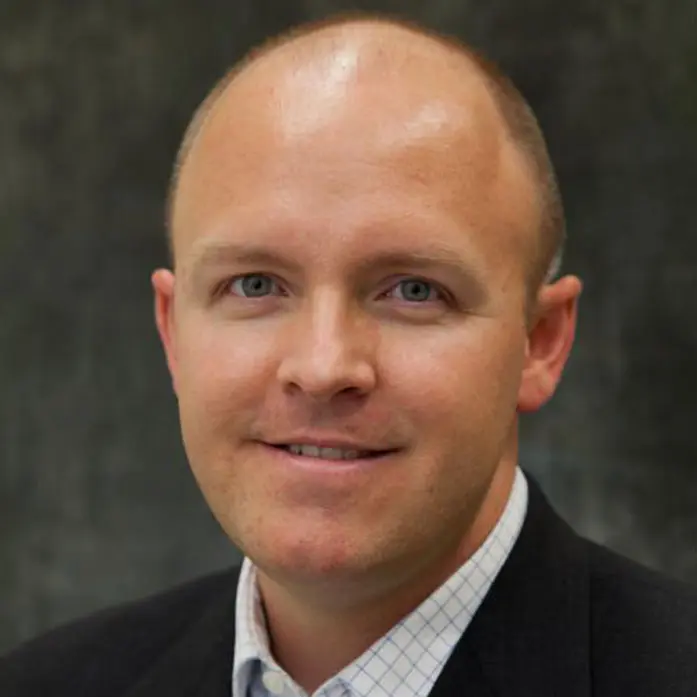
Dr. Leach focuses on the design of biomaterials and the application of stimuli to regulate cell function to engineer replacement or model tissues. The Leach Lab uses various materials, mechanical stimulation and advanced manufacturing methods to generate platforms with engineered properties that meet the functional and biological demands of native tissue. The team aims to discover new strategies for accelerating the repair and regeneration of lost or diseased tissues and translate these findings to help animal and human patients in need.
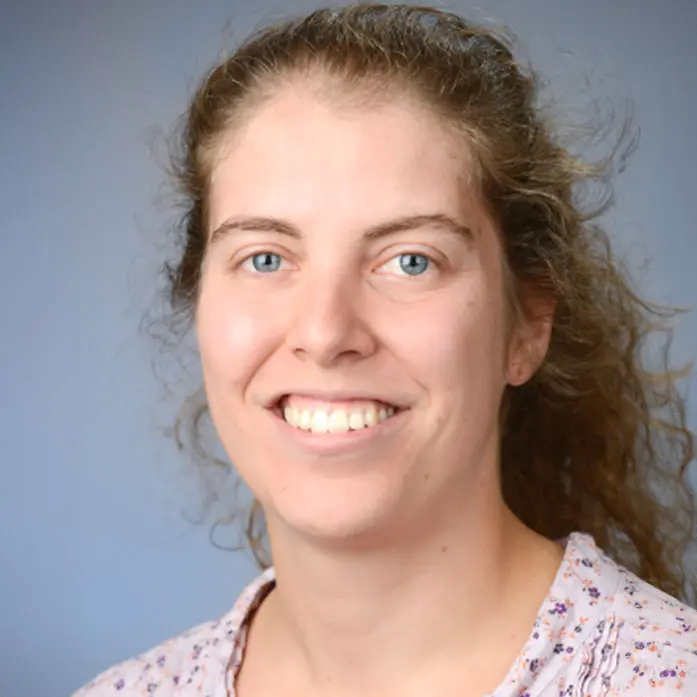
Dr. Martínez López research is focused on the development and application of epidemiological tools for better understanding the evolution of infectious diseases and supporting a more cost-effective and risk-based disease surveillance and control. She has been primarily working on epidemiological modeling and risk assessment for the evaluation of the potential introduction and/or spread of emerging and exotic diseases, such as Foot-and-Mouth Disease, African Swine Fever, Classical Swine Fever, Avian Influenza, Rift Valley Fever, Bluetongue, etc. Many of those diseases are considered to be emerging or re-emerging due to globalization, climate and land use changes. Currently she is also actively working in PRRS, PED and other diseases at the wildlife-domestic interface such as bovine tuberculosis and those affecting aquatic animals, mainly those related with shrimp and salmon farming industry. Since 2013, she has assumed the direction of CADMS to participate in the continuing development of new near-real time surveillance and modeling tools, including Big Data analytics and their integration into operational platforms such as the Disease BioPortal™, a secure web-based platform system intended for real time routing, sharing, and analyzing infectious diseases data and information. She currently mentors more than 12 PhD students and post-doctoral scholars and teaches and coordinates numerous training courses and technology transfer activities related with quantitative epidemiology, risk assessment and modeling.
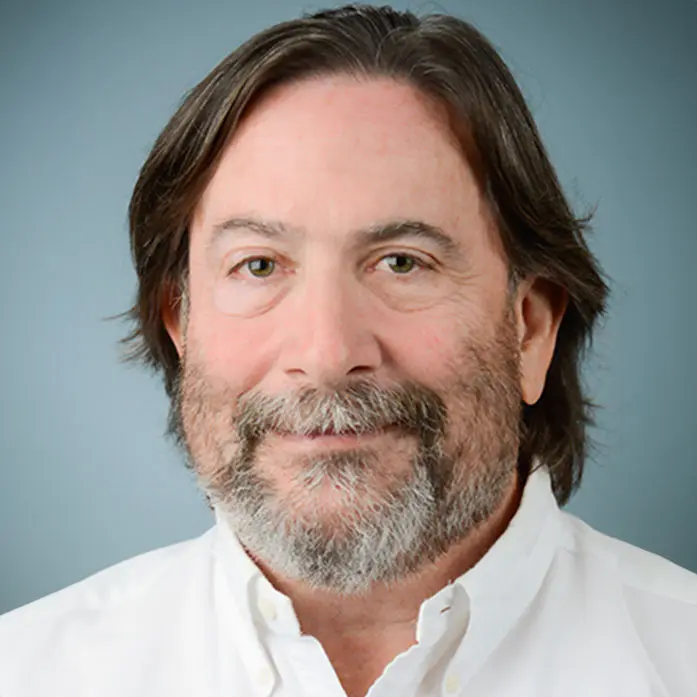
Dr. Meyers’ laboratory is focused on male fertility male and aging. They study the effects on fertility, semen quality, and cryopreservation from spermatozoal reactive oxygen species and sperm mitochondrial function. The goal of the research in his laboratory is to understand the effects from oxidative stress and preservation of genetic resources from mammalian and aquatic organisms, specifically the horse, dog, and migratory fishes such as salmonids and sturgeon that are vital to advancing biomedical and agricultural research and knowledge. As such, his laboratory focuses on mechanisms of oxidative stress in gametes of both sexes and embryos and early embryonic development.
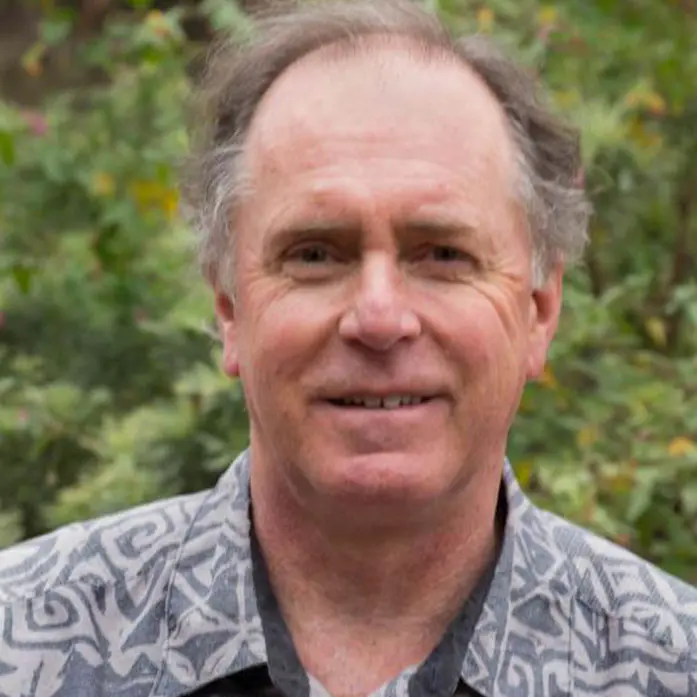
Dr. Richard W. Michelmore is the founding Director of the Genome Center at the University of California at Davis since 2003. He received B.A. and Ph.D. degrees in Natural Sciences from the University of Cambridge, UK. He has been on the faculty of UC Davis since 1982; he is currently a Professor in the Departments of Plant Sciences, Molecular & Cellular Biology, and Medical Microbiology & Immunology. His multidisciplinary research utilizes a synthesis of molecular, genetic, and evolutionary approaches. His interests span basic research into the molecular basis of specificity in plant-pathogen interactions to translational plant genetics. His research is focused on comparative and functional plant genomics with an emphasis on disease resistance. In addition, his program coordinates and hosts the bioinformatics component of the Compositae Genome Project. His interests include applications of next-generation DNA sequencing approaches to all areas of biology and its imminent impact on society in general. In particular, he aims to exploit such approaches for information-driven deployment of resistance genes in plants to provide durable disease resistance. He is interested in fostering research to enhance food security internationally.
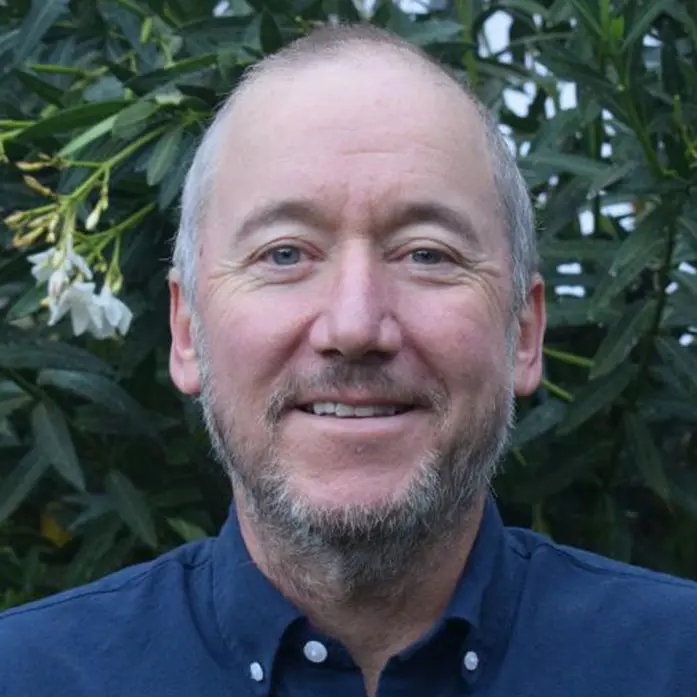
Dr. David Mills is a Distinguished Professor in the Departments of Food Science & Technology and Viticulture & Enology at UC Davis. Dr. Mills studies the molecular biology and ecology of bacteria that play an active role in gut health or fermented foods. In addition, Dr. Mills helped create the UC Davis “Milk Group” which has worked to investigate and translate the beneficial aspects of human milk. Dr. Mills has previously served as a Distinguished Lecturer for the American Society for Microbiology and currently serves on the editorial board of Applied and Environmental Microbiology. In 2012 he was named the Peter J. Shields Chair in Dairy Food Science and in 2015 he was elected a Fellow in the American Academy of Microbiology. Dr. Mills’s research has helped launch several startup companies.
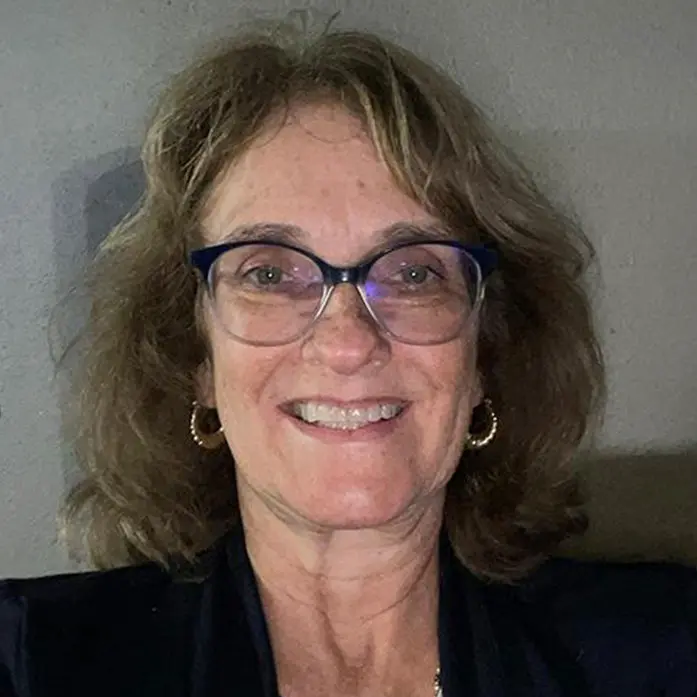
The focus of Dr. Mitcham’s research and extension program is the postharvest biology and technology of fruits, especially apples, pears, cherries, strawberries, mangos, blueberries, and raspberries, as well as almonds and walnuts. In addition to studies on harvest maturity, storage conditions and flavor quality, my program focuses on regulation of fruit ripening in pears, and cellular regulation of calcium deficiency disorders in tomato and apple.
In addition, Dr. Mitcham’s program is actively developing strategies for postharvest insect control in harvested and exported commodities, including citrus and table grapes.
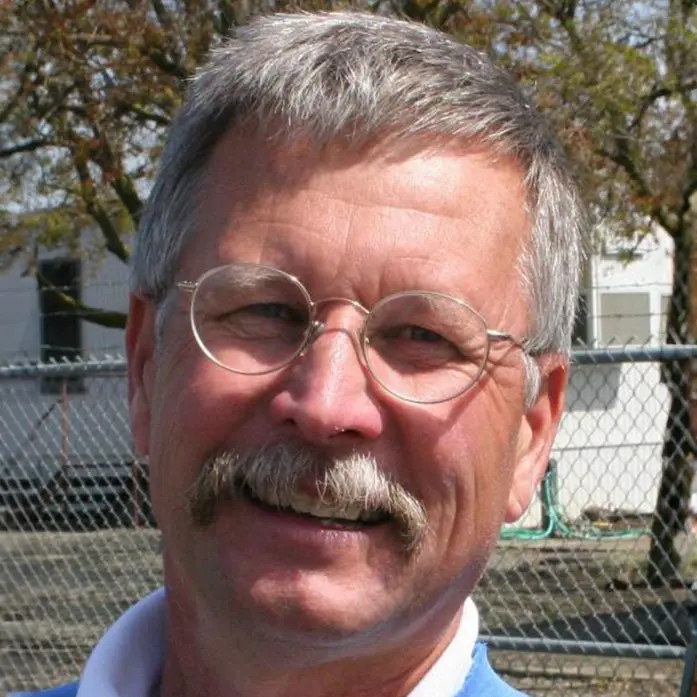
Dr. Mitchell’s current research and extension program focuses on soil and water management in vegetable production systems throughout California, impacts of preharvest vegetable management practices on postharvest product quality and extension methodology.
A major component of his research and extension effort involves leading an interdisciplinary team consisting of UC Farm and IPM Advisors, campus-based researchers, and 12 farmers in the San Joaquin Valley’s West Side region that is currently conducting on-farm demonstrations and evaluations of biologically integrated farming practices in the annual cropping systems of this region. The objectives of this work are 1) to facilitate information exchange among participating farmers, consultants and researchers on soil building practices and options for reduced reliance on agrichemical inputs, 2) to monitor and evaluate on-farm demonstrations of soil building practices, including cover cropping and organic soil amendment inputs, 3) to determine the extent to which IPM practices are utilized in row crops on the West Side and identify constraints preventing further adoption of biologically intensive pest management practices and 4) to provide community based demonstrations of existing technologies to overcome constraints while making use of participatory research teams to develop and refine additional information.
An important research component of this on-farm demonstration project involves the evaluation of surface organic mulches in no-till vegetable production systems. She is currently conducting a wide-ranging program in this area to evaluate the effectiveness of these practices for: suppressing weeds, improving production efficiencies in terms of nutrient inputs and irrigation water, and for providing optimal soil temperature regimes for crop growth.
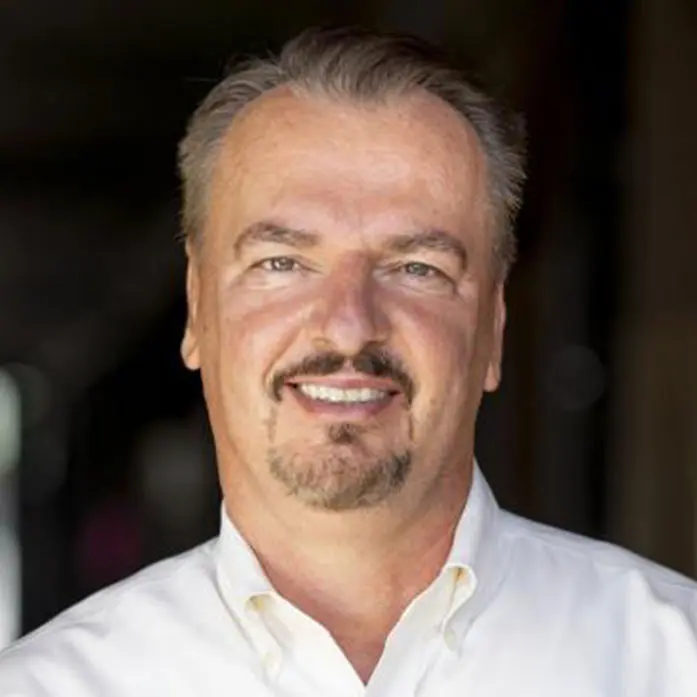
Frank Mitloehner is a Professor and Air Quality Specialist in Cooperative Extension in the Department of Animal Science at the University of California, Davis. He received his MS degree in Animal Science and Agricultural Engineering from the University of Leipzig, Germany, and his PhD degree in Animal Science from Texas Technical University.
Dr. Mitloehner is an expert for agricultural air quality, livestock housing and husbandry. Overall, he conducts research that is directly relevant to understanding and mitigating of air emissions from livestock operations, as well as the implications of these emissions for the health and safety of farm workers and neighboring communities.
Dr. Mitloehner has served as chairman of a global United Nations Food and Agriculture Organization (FAO) partnership project to benchmark the environmental footprint of livestock production. He served as workgroup member on the President’s Council of Advisors on Science and Technology (PCAST) and as member on the National Academies of Science Institute of Medicine (IOM) committee on “A Framework for Assessing the Health, Environmental, and Social Effects of the Food System”.
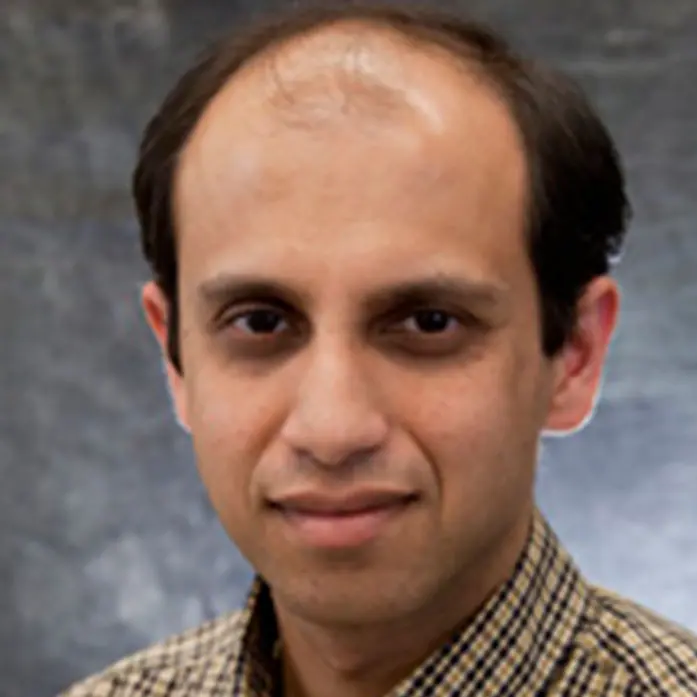
Dr. Nitin is interested in using a combination of interdisciplinary approaches encompassing biomolecular engineering, mathematical modeling, material science and molecular imaging to study the following key research areas. The research interests of the laboratory can be broadly classified into two main categories:
(a) Food Engineering Research: The goal of this research plan is to develop technologies for addressing key issues in areas of food safety and food for health initiatives (e.g. development and validation of non-thermal food processing operations for food safety; engineering of food formulations to improve bioavailability of nutraceuticals). These projects will provide students with skills in areas of molecular imaging, spectroscopy, mathematical modeling, molecular biology, microbiology and material science with a strong foundation in food engineering.
(b) Biological/Biomedical Engineering Research: The goal of this research is to develop molecular imaging technologies from a single cell level to a whole body imaging. These imaging technologies will enable early stage detection of diseases, novel delivery vehicles for therapeutic applications and quantification of molecular processes for fundamental understanding of patho-physiology. These projects will provide students with skills in areas of molecular imaging, mathematical modeling, molecular biology and material science with a strong foundation in bioengineering.
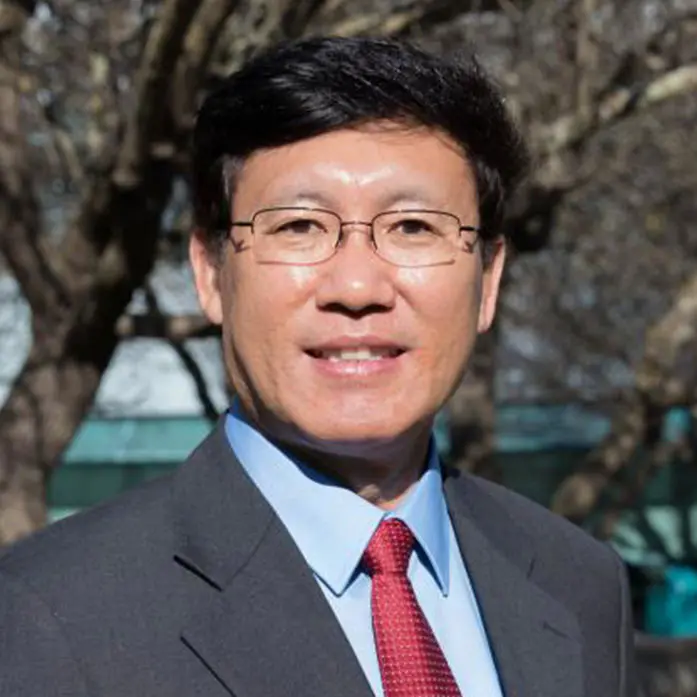
Dr. Pan has been conducting innovative research and development in novel and new processing and biorefinery technologies for food and agricultural products and their byproducts for improved nutrition, value, quality, sustainability, efficiency and food safety.
The food related research has been focused on drying (infrared-, air-, spray-, drum- and freeze-drying); infrared heating for peeling, blanching, roasting, stabilization, disinfestation and disinfection; ultrasonic assisted processing; ultraviolet; pulsed electric filed technology; extrusion; separation and extraction; thermal and chemical modifications; wet and dry milling; characterization of thermal, chemical, physical, and rheological properties of agricultural and food products; acoustic and enzymatic methods; food-processing equipment and system design; numerical modeling of heat and mass transfer and optimization of food-processing; and food quality evaluation and control.
The non-food related research devoted to biobased materials, biofuels and bioenergy, including development of bio-based adhesive, agricultural product-based particleboards, pretreatment of agricultural wastes or by-products for production of sugars/bioethanol and biogas. The research used various advanced methods, including magnetic resonance imaging, dynamic vapor sorption, dynamic mechanical analysis, differential scanning colorimetry, and scanning electron microscopy.
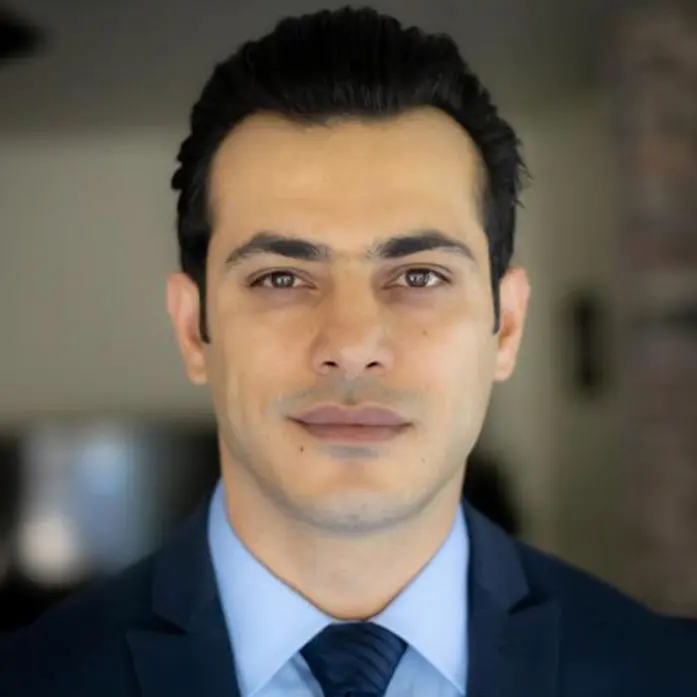
Dr. Alireza Pourreza is an associate professor of extension in the Biological and Agricultural Engineering department and the Digital Agriculture Lab director at the University of California, Davis. He leads research and extension education in digital agriculture, remote sensing, precision agriculture, and mechanization. Dr. Pourreza’s research program focuses on solving immediate challenges in crop production systems identified by stakeholders. His lab develops practical and data-driven decision-support tools that help farmers increase profit while decreasing waste and environmental footprint.
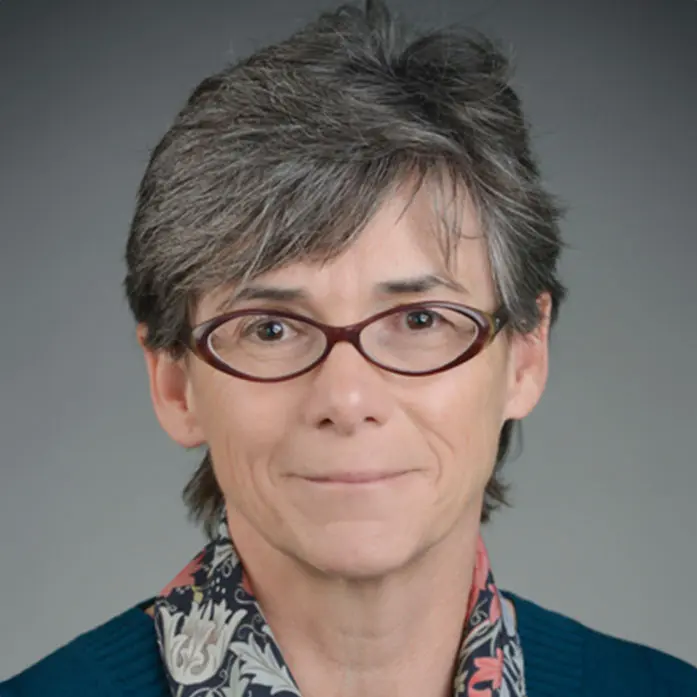
Helen Raybould an integrative physiologist with training in neurophysiology and gastrointestinal physiology. Dr Raybould was educated in England at the University of Birmingham and University of Liverpool (PhD). She came to the USA for a postdoctoral position at the UCLA NIH Digestive Diseases Research Center where she stayed for 14 years and attained the rank of Professor. In 2000, she moved to the School of Veterinary Medicine, UC Davis. She is currently a Distinguished Professor in Physiology and a fellow of the American Physiological Society. Her research focuses on understanding the mechanisms by which the vagal afferent pathway (the gut-brain axis)transmits information about gut luminal contents to the brain to regulate gut physiology and feeding behavior. Current efforts in the laboratory are focused on how gut microbiota and intestinal permeability are altered in rodent models of diet-induced obesity, and how this may drive changes in signaling in the vagal afferent neurons. Her research program is geared to understanding how the gut microbiota is influenced by diet, including different types of dietary fiber, and how this influences behavior, as well as gut physiology and whole body homeostasis.She has been continuously funded by the NIH for the past 30 years.
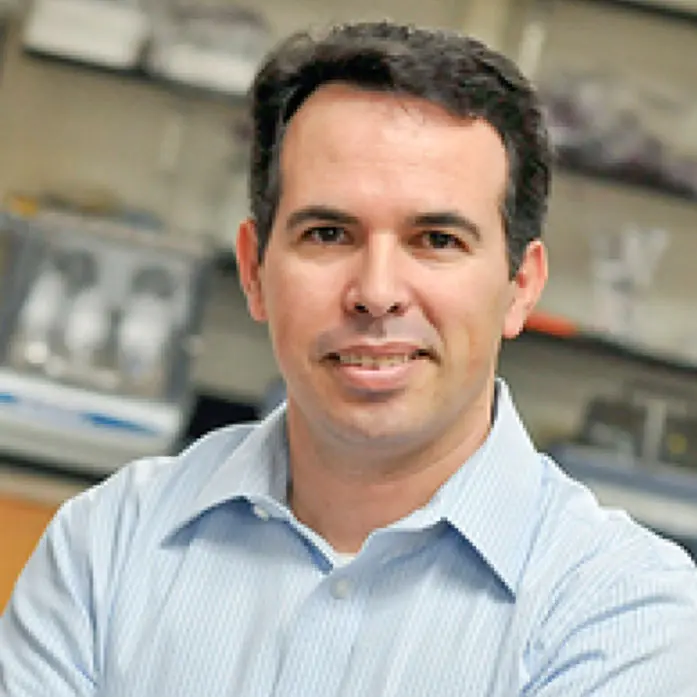
Dr. Rodrigues, an associate professor in the Department of Land, Air and Water Resources, specializes in soil microbiology. Rodrigues completed a dual Ph.D. in crop and soil sciences and in environmental toxicology at Michigan State University. He worked at the University of Sao Paulo and the University of Texas before joining the UC Davis faculty in 2014. His research interests are: microbial ecology, tropical forests, land use change, biodiversity, metagenomics, metaproteomics, ecological genomics, lignocellulose conversion, microbial physiology. Research in the Rodrigues laboratory focuses on quantifying the taxonomic and genomic diversities of microbes in soil, and how the microbe population varies when there are changes in the way the land is used. This is of particular importance for California agriculture, where soil use has been intensified to meet world food demand. It also has an impact on tropical forests, which are considered “hotspots” for biodiversity and the last frontier for agriculture.
The Amazon Forest is the largest terrestrial ecosystem on Earth, yet the least understood regarding its microbial diversity. The shift from tropical forest to agriculture is the largest land use change going on around the world and is expected to cause ecosystem level changes that will threaten biodiversity and modify the earth’s biogeochemical cycles. By understanding and measuring microbial diversity, humans can develop better models to predict the consequences of alterations and mitigate risks of biodiversity losses. Research in microbial biodiversity will contribute to a new wave of biotechnological products from tropical systems: new antibiotics, cancer fighting drugs, and industrial enzymes. Studying these microbes also has important implications for sustainable development, agriculture, and biotechnology. Dr. Rodrigues’ current projects are: microbial diversity of tropical forest soils under land use change, effects of climate change on biological nitrogen fixation in agricultural soils, isolation and characterization of new lignocellulose degradation enzymes, and e cological genomics of termite hindgut microorganisms.
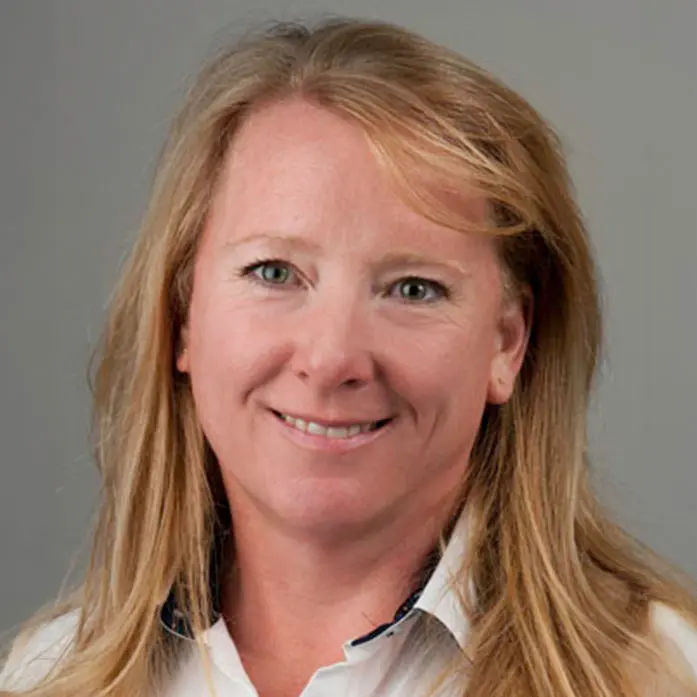
Dr. Rossow’s primary research interests are developing ration formulation methods to minimize nutrient emissions (nitrogen, minerals, methane, etc.) to the environment, using body composition and organ size to estimate energy requirements and managing feeding systems at dairies and feedlots to optimize nutrient supply to the animal and minimize feed waste. Therefore her research focuses on using mathematical modeling techniques coupled with animal and feed measurements to represent animal nutrient metabolism in healthy and diseased states to understand nutrient use and excretion under different production systems.
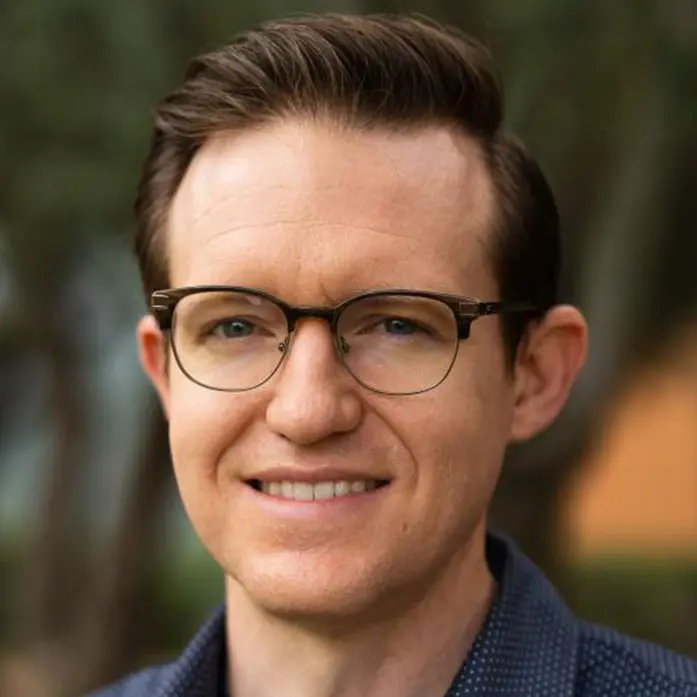
Dr. Simmons’ research focuses on improving energy and water use efficiency in food processing by reclaiming energy from waste biomass streams and developing strategies for waste water treatment and recycling. Specifically, high-throughput, massively parallel sequencing and bioinformatics approaches are used to characterize microbial communities that are able to deconstruct waste biomass into fermentable sugars under industrial conditions. These data are used to discover enzymes and molecular pathways that can improve industrial bioconversion of waste biomass into biofuels. Additionally, the microbial ecology of plant-soil systems exposed to food processing effluents is studied to develop strategies for recycling of food processing waste water to agriculture.
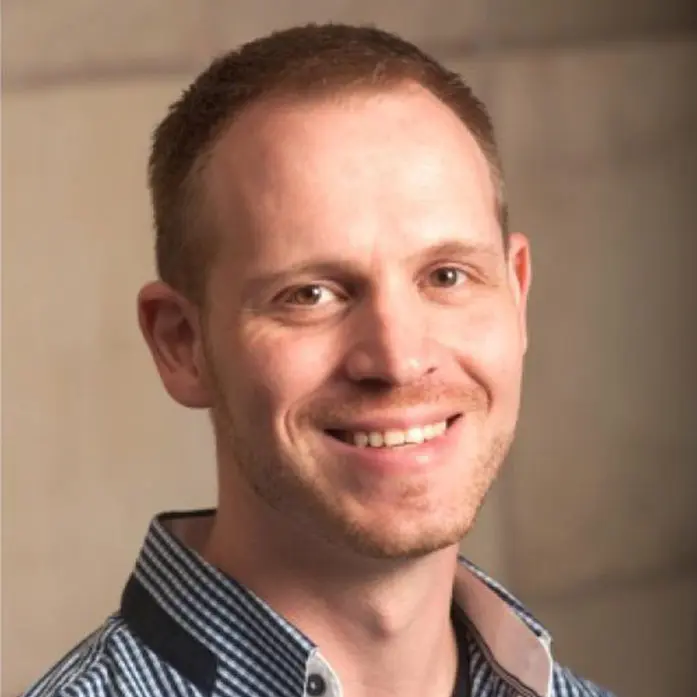
Dr. Zerbe’s team focuses on the discovery and engineering of specialized (i.e. secondary) metabolic pathways in medicinal, bioenergy, and food plants. They integrate molecular biochemistry, functional genomics and protein structural-functional approaches to investigate plant metabolic diversity and translate this knowledge into new resources for crop improvement and plant natural product biomanufacture.